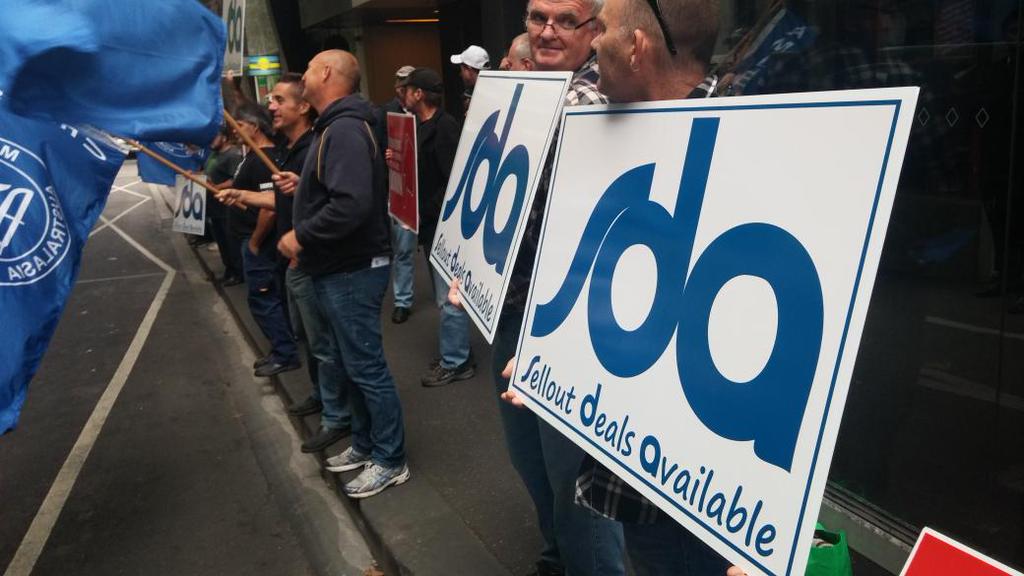
The Shop, Distributive and Allied Employees Association (SDA), which represents workers in retail, fast food, warehousing and the beauty industries, has refuted certain claims in yesterday’s press.
The SDA stated: “Today’s report in The Age, ‘Bill Shorten’s penalty rates onslaught might not be so smart after all’ (13/3/17) includes claims in regard to penalty rates and wage outcomes which are deliberately misleading”.
The article claimed that the SDA “…traded away on a massive scale their members penalty rates” without any reference to the higher weekday rates, enhanced public holiday entitlements, superior rostering provisions and other benefits delivered in enterprise bargaining agreements (EBAs).
The SDA claimed that this was a deliberate attempt to undermine confidence in a union that has delivered strong outcomes for workers over a number of decades.”
According to SDA National Secretary Gerard Dwyer: “The union maintains that rolling up penalty rates has been a long-standing practice used by many unions across a range of industries as far back as the 1980s.
“This is a practice that is endorsed by the ACTU and has been successful in securing strong wages and conditions while ensuring the total value of penalty rates are retained and spread across the workforce.
“In the retail sector the ‘rolling up’ penalty rates as part of the union negotiated EBAs has delivered weekly wage rates $90 higher than the award rate for major supermarket chain employees. At Bunnings and Costco, retail workers receive a weekly wage rate $130 dollars above the award due to their EBA.
“These weekly retail wage outcomes, and the fact that Australian fast food workers are amongst the highest paid in the world are details which are repeatedly omitted from reporting on penalty rates.
“Without considering the entire basket of weekly take home pay and conditions workers receive as part of EBA negotiations, reporting on penalty rates is inaccurate and dishonest.
The SDA said that facts remain clear: “The Sunday and public holiday penalty rate cut, supported by the Turnbull Government and business community is a direct cut the take home pay of just under one million of Australia’s lowest paid workers, without the compensation normally contained in a union negotiated EBAs”.

